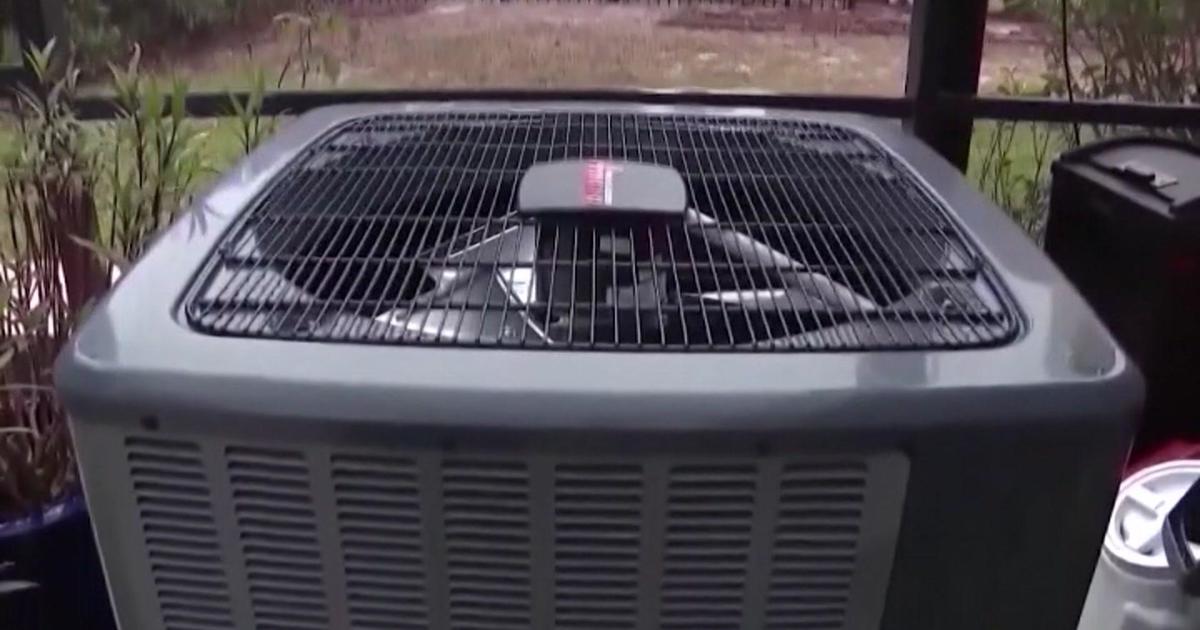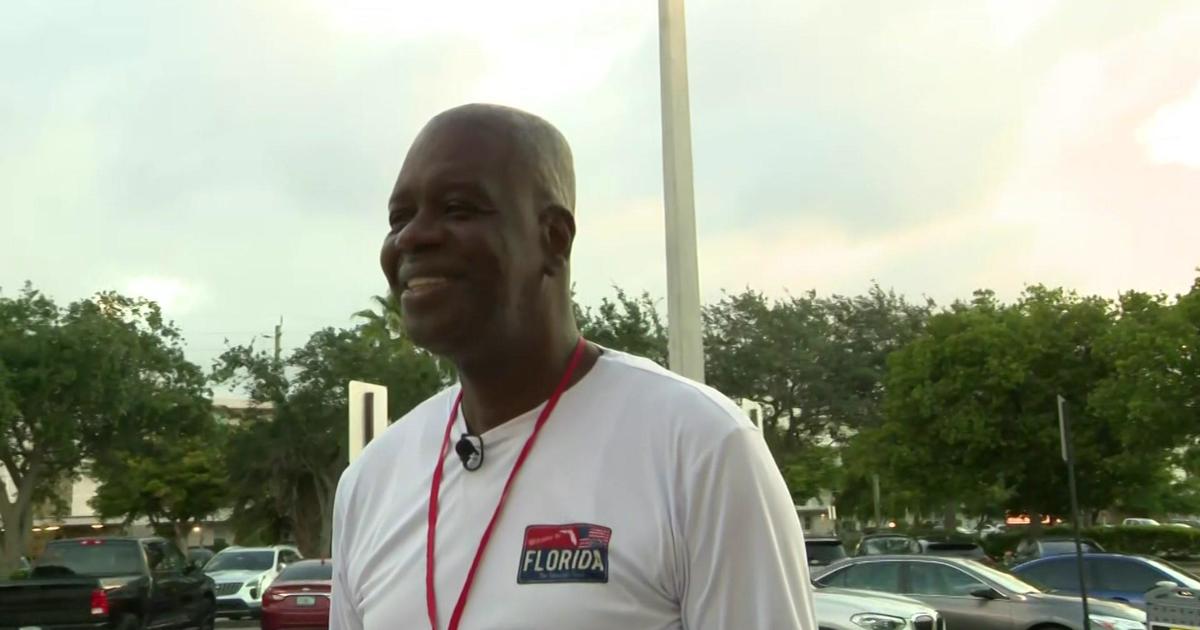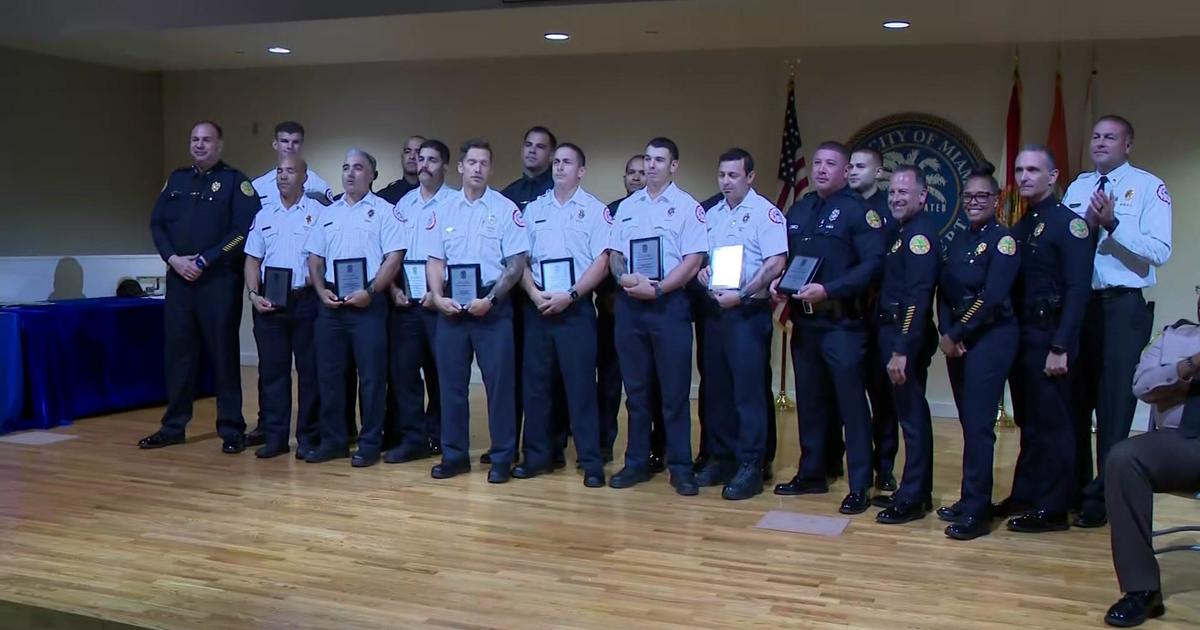20 Years On, Gordon Center At UM Continues To Provide Pre-Deployment Training For US Army Surgical Teams
MIAMI (CBSMiami) - CBS4 got a look inside the Gordon Center at the University of Miami, which has provided pre-deployment training to US Army surgeons for the past 20 years.
"We use simulation and other educational technologies to try to improve training to help professionals better take care of their patients," said Dr. Ross Scalese, director of educational development at the Gordon Center.
After the tragic events of 9/11, the center for simulation and innovation in medical education has since been partnered with the US Army – implementing life-saving training techniques for the battlefield that has now helped saved numerous lives.
Dr. Scalese, who served in the Air Force for more than 11 years is one who leads the hands-on classes.
"We use manikins, what we call task trainers which is just a part of the body to train them how to do certain skills. One example if someone is bleeding to death from a gunshot wound or other trauma injury you can then quickly apply a tourniquet to stop that bleeding and potentially save that person's life."
For 20 years the center has served as a pre-deployment training where the army forward surgical teams - train for weeks
before taking on the real world.
"Before these teams deploy to places like Afghanistan, Iraq, they come here for two weeks of intensive training."
Dr. Scalese says those on the front lines have now intensified their tactics.
"So many of the lessons learned through their experience on the battlefield have now come back to us and we incorporate those in other training programs. For civilian context. We use the lessons learned from the military and now using it in the civilian world."
Those not on the front lines can take classes like stop the bleed.
People have learned emergency training techniques.
Learning how to properly apply pressure to an open cut, what do when a person is unresponsive and a more difficult technique - how to apply a tourniquet.
Dr. Scalese says they only hope to grow more as a team.
"I have been helping to lead a study that is looking at the effectiveness of tourniquets and validating some of the assessments that we use."



